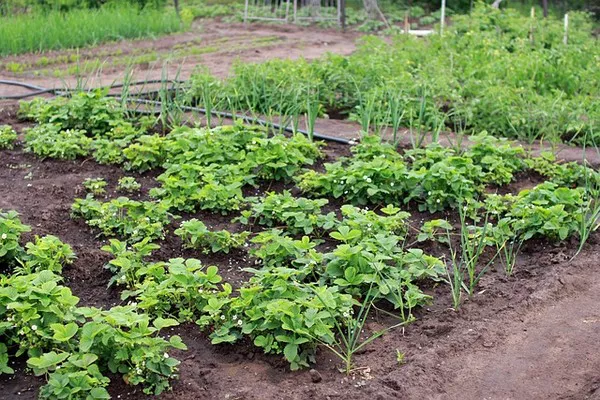A recent study published in Nature Communications has unveiled a crucial mechanism underlying the observed increase in agricultural yield when planting diverse crops instead of a single plant species. The research, conducted by the University of Kansas, demonstrates that soil pathogens detrimental to plants struggle to thrive in diverse plant communities, contributing to greater productivity.
Led by corresponding author James Bever, a senior scientist at the Kansas Biological Survey and Foundation Distinguished Professor of Ecology & Evolutionary Biology, the study highlights the importance of microbial interactions in the soil. The research focuses on the molecular mechanisms behind the boost in agricultural yield achieved through planting a mix of crops, as opposed to monoculture.
The team conducted field and greenhouse experiments at the KU Field Station, manipulating the number of plant species in a plot and varying precipitation levels. By evaluating the composition of the soil-pathogen microbiome, they discovered that the variation in pathogen composition in monocultures significantly predicted yield when combined. Diverse agricultural communities were found to keep pathogens at bay, resulting in increased yields.
Bever explained, “Diverse agricultural communities have the potential to keep pathogens at bay, resulting in greater yields. What we show is that a major driver is the specialization of pathogens, particularly those specific to different plant species. These pathogens suppress yields in low-diversity communities.”
The study challenges the industrial-agricultural practice of monoculture, where vast areas are planted with a single crop. The research argues that this approach is driven more by technological reasons than biological ones. The findings advocate for a shift towards polyculture, involving the planting of multiple species in the same plot, as opposed to monoculture.
Bever emphasized the benefits of mixing crops for home gardeners and others cultivating plants. Planting different crops in heterogeneous mixes, rather than in continuous rows of the same crop, helps control pathogens more effectively. The study’s findings underscore the importance of biodiversity in suppressing pathogen growth, offering valuable insights for sustainable agricultural practices.


